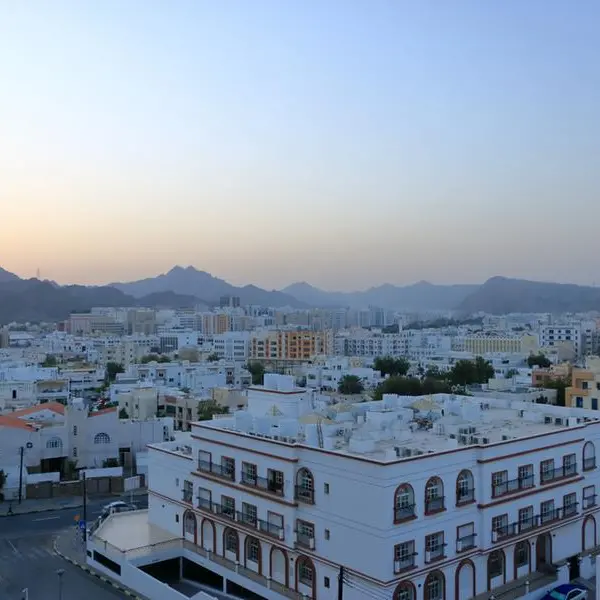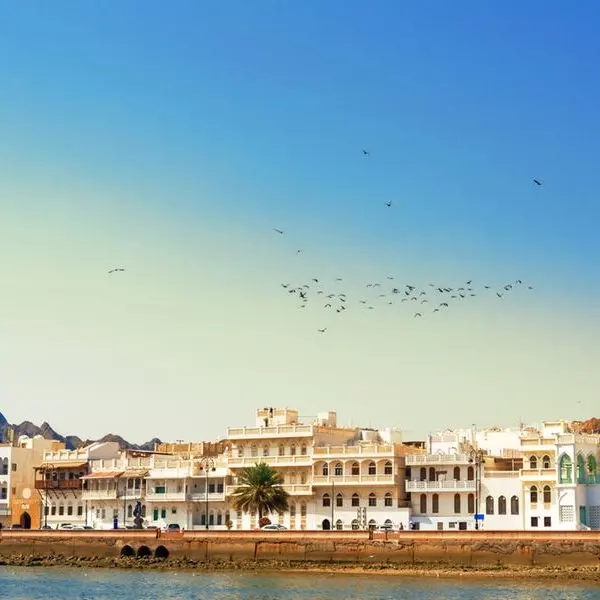PHOTO
Rising commodity prices, inflation and the war in Ukraine are having different impacts on banks in oil exporting and importing states in the Middle East and Africa region, according to Fitch.
The ratings agency said high oil prices are supporting government spending in GCC states and purchasing manager’s indexes (PMIs), which are at their highest in 10 years.
Gulf countries are also less impacted by inflation, as currencies are pegged to the US dollar, which has been appreciating, said Redmond Ramsdale, Fitch’s senior director, financial institutions group and head of Middle East bank ratings, at a webinar.
One-off causes of inflation, such as increases in VAT are already behind Gulf states, Ramsdale added.
“We don’t expect a significant deterioration in asset quality with the end of forbearance measures. I mentioned inflation is likely to be relatively low, and therefore not particularly low asset quality over the ratings horizon.”
Impact on importers
However, in oil importing economies, such as Egypt and Jordan, high inflation is mainly hitting the sovereigns, he said, because of the food energy price increases and existing high vulnerabilities, such as external funding.
“The operating environments will remain challenging with the high inflation and food and energy prices. Nevertheless, we are not expecting viability rating (VR) downgrades. Downgrades of ratings will come with downgrades of sovereigns,” he said.
Fitch’s senior director, head of African banks, Mahin Dissanayake, said African oil exporters have also benefitted from global oil prices, but those countries are experiencing high inflation at the same time.
“Commodity exporters like Ghana and South Africa have benefitted from soaring prices, but even these prices are softening because of lockdowns in China and the supply side disruptions we have seen, so a lot of these prices have come down,” said Dissanayake.
Banks
Banks are also facing tightening external funding conditions, with there being a general aversion by the USA to the emerging market frontier risk and capital outflows from these countries, he said.
The source of the inflation is high dependence on imports for food, energy, oil and staples, which is hitting domestic operating environments, and governments have very little flexibility to combat it, Dissanayake said.
“We’ve seen rate hikes in Ghana, South Africa and Tunisia, in Ghana. It’s been quite large, but in other countries, it’s been quite low.
Dissanayake said the key concern was the impact on economic growth for African countries which have been on a trajectory of fragile economic growth in 2021, with the risk that global shocks will derail it and tip some countries into recession.
East African countries are already experiencing hunger and poverty caused by drought and inflation, with poverty levels increasing across Africa in general, he said.
Operating environment risks will emerge in the second half of the year and will go on into 2023, he said, adding that loan growth is expected to slow, which in turn will impact profitability. Banks will benefit from rate hikes, but profitability will be impacted by banks not growing as fast as they should be.
Further impacts include rising credit costs, SMEs and consumers hit by inflation and worsening asset quality.
“Banks will still be profitable, but it will be worse than last year,” he concluded, adding that they will remain well funded on a local basis, but the cost of funding from external sources will naturally rise.
(Reporting by Imogen Lillywhite; editing by Cleofe Maceda)
Lillywhite imogen.lillywhite@lseg.com





















